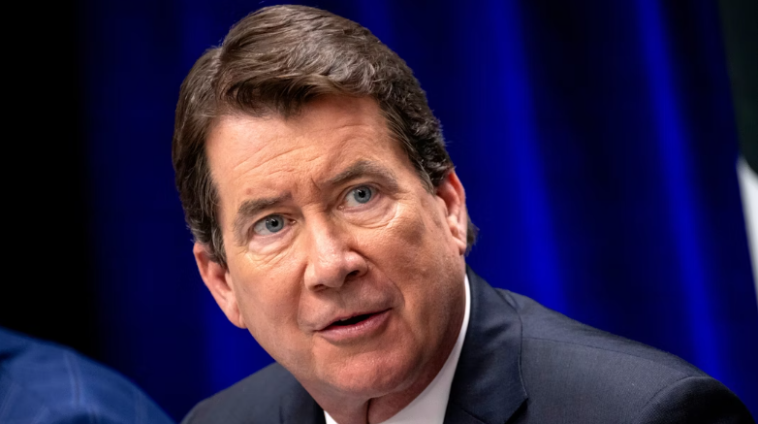Senator Bill Hagerty (R-TN) has championed the use of tariffs as a powerful tool to protect U.S. interests and drive strategic outcomes on the global stage. In recent remarks, Hagerty underscored the need for a robust trade policy, emphasizing that America’s open market has historically benefited global recovery but must now be leveraged to address pressing domestic and international challenges.
A Strategic Shift in Trade Policy
Hagerty supports President-elect Donald Trump’s proposal to impose tariffs on countries such as Mexico, Canada, China, and members of the BRICS alliance. He argues that these measures are essential to confront issues like illegal immigration, fentanyl trafficking, and unfair trade practices. “Access to the American market is a privilege, not a right,” Hagerty stated, calling for reciprocal engagement from international partners.
Balancing Economics and National Security
The senator framed tariffs as more than economic tools—they are instruments of national security. By pressuring foreign governments to comply with fair trade agreements and secure their borders, Hagerty believes tariffs can drive meaningful behavioral change. The approach also aligns with the broader strategy of the incoming administration, which seeks to integrate economic policy with geopolitical objectives.
Debate Over Effectiveness
While proponents view tariffs as necessary to level the playing field and protect U.S. industries, critics caution against potential risks, including trade retaliation and higher consumer costs. Hagerty, however, maintains that short-term economic adjustments are a small price to pay for long-term national benefits.
A New Era in Trade Relations
Hagerty’s remarks signal a shift toward a more assertive trade policy under the Trump administration. As tariffs take center stage, their impact on both international relations and domestic markets will become a focal point in the coming years, shaping America’s role in the global economy.


